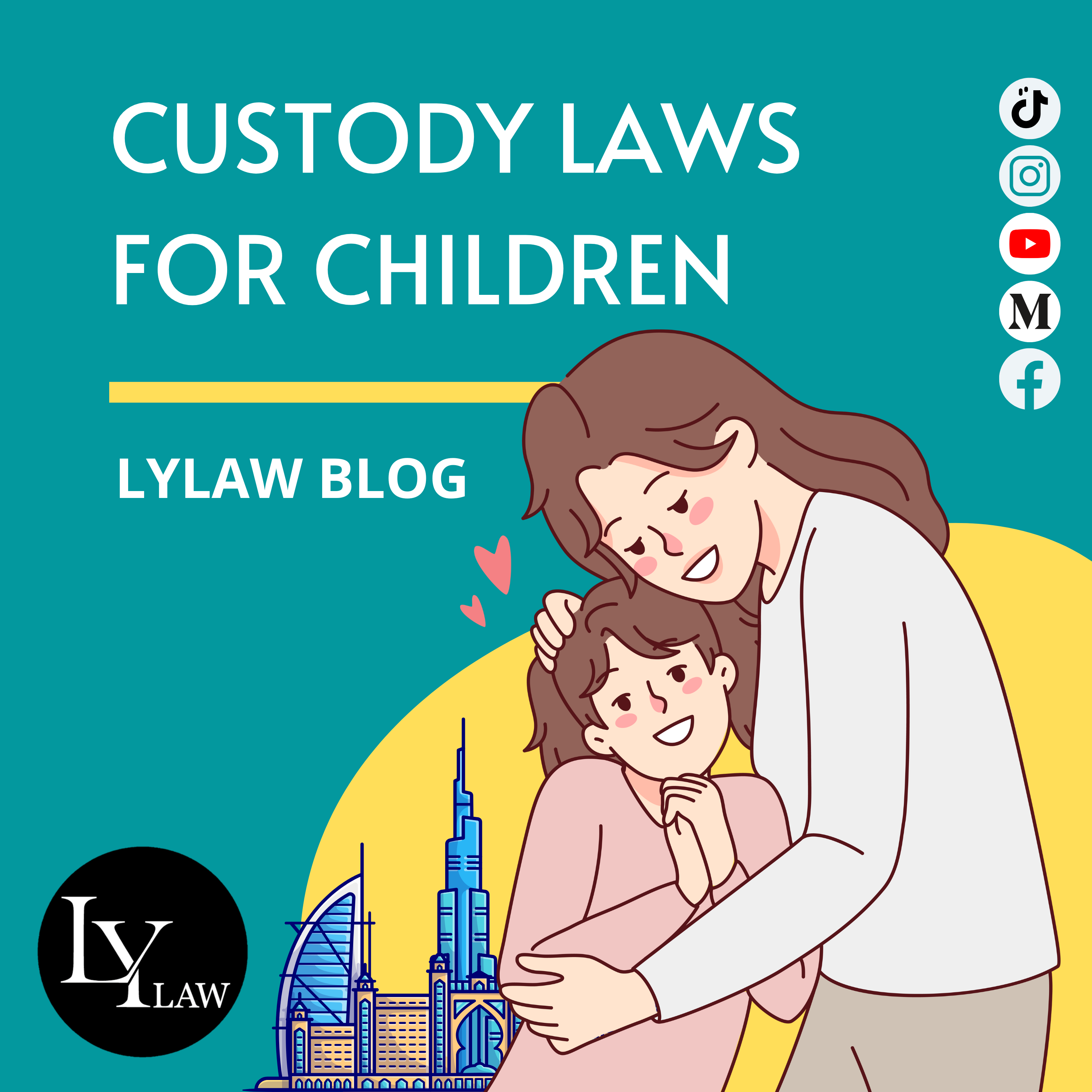
The UAE has introduced significant amendments to its Personal Status Law through Federal Decree Law No. 41 of 2024, which will come into effect on April 15, 2025. These amendments impact various aspects of custody, emphasizing the best interests of the child as the guiding principle for all custody-related decisions. Below, we break down the key changes and their implications under the new law.
1. Custody When the Child and Custodian Are of Different Religions
One of the major updates in the new law concerns custody of Muslim children whose mothers follow a different religion. Previously, the law only allowed the mother to retain custody until the child turned five years old. However, under Article 113.8 of the new law, there is no longer an age limitation. Instead, the Court will assess custody based on the best interests of the child, regardless of the religious background of the custodian. This ensures a case-by-case approach rather than a fixed rule limiting custody due to religious differences.
2. Right to Choose Custody at Age 15
A major shift in the law now grants children the right to choose which parent they wish to live with upon reaching the age of 15. Previously, custody decisions were solely at the discretion of the Court. Now, Article 122 of the law expressly codifies this right, removing judicial discretion in such cases. This amendment also applies retroactively in cases where a final judgment has not yet been issued, granting more autonomy to children in ongoing custody disputes.
3. Custody Ends at Age 18
Under Article 123 of the new law, custody automatically ends when the child turns 18, except in cases where the child is disabled and requires continued custodial care. This is a significant change from the previous law, where custody for mothers ended at 11 years old for boys and 13 years old for girls. With this new provision, the law removes gender-based custody distinctions and ensures that children remain with their custodians until adulthood. Furthermore, once custody ends at 18, the child can choose to live independently.
4. Requirements for Custody
The new law sets out specific requirements for an individual to be eligible for custody. These include:
- The custodian must be at least 18 years old if a parent or 21 years old if another relative.
- Full mental capacity is required.
- The custodian must be able to raise, protect, and care for the child, including overseeing their education.
- If the mother remarries, she may lose custody unless the Court rules otherwise in the child’s best interest.
- If the father has custody of a daughter, an adult female must be present in the household to provide care.
- The custodian must have no criminal record for crimes related to assault on honor.
- There must be no history of substance abuse.
- The custodian and child should ideally share the same religion, but the Court has discretion to rule otherwise based on the child’s best interests.
These conditions, outlined in Article 113 of the law, provide a structured framework for determining custody and ensuring the child’s welfare.
5. Losing Custody: Conditions and Implications
Custody may be revoked under Article 115 of the new law if:
- The custodian moves to a place that compromises the child’s best interest.
- The custodian engages in immoral behavior that negatively impacts the child.
- The custodian neglects or becomes unable to perform their custodial duties.
- Custody is not claimed for more than one year from the date of knowledge.
- The custodian resides with someone whose custody was previously revoked.
- Any of the original conditions for custody eligibility are no longer met.
If custody is revoked, the affected party may regain custody if the issue that led to the revocation is resolved, ensuring fairness and adaptability in changing circumstances.
6. Guardianship vs. Custody: Understanding the Difference
The new law maintains a clear distinction between guardianship and custody, which is crucial for parents navigating custody disputes.
- Guardianship: Typically granted to the father, it involves responsibility for the child’s financial welfare, including housing, education, and healthcare. It also includes supervising, guiding, and teaching the child. Guardianship ends when sons become self-sufficient and when daughters either marry or secure employment.
- Custody: By default, custody is granted to the mother, focusing on the child’s daily care, upbringing, and protection. The mother also has an automatic right to make educational decisions for the child.
The law ensures that both parents play an active role in the child’s life, with an emphasis on what serves the child’s best interests.
Conclusion: A Progressive and Child-Centered Approach
The UAE’s new Personal Status Law marks a significant evolution in family law by prioritizing the well-being of children over rigid legal structures. With changes allowing children to choose their custodian at 15, extending custody until 18, and removing religious limitations on custodianship, the law reflects a more adaptable and child-centric approach. These reforms align with the broader legal modernization efforts in the UAE, ensuring that custody laws remain relevant and fair in today’s evolving societal landscape.






